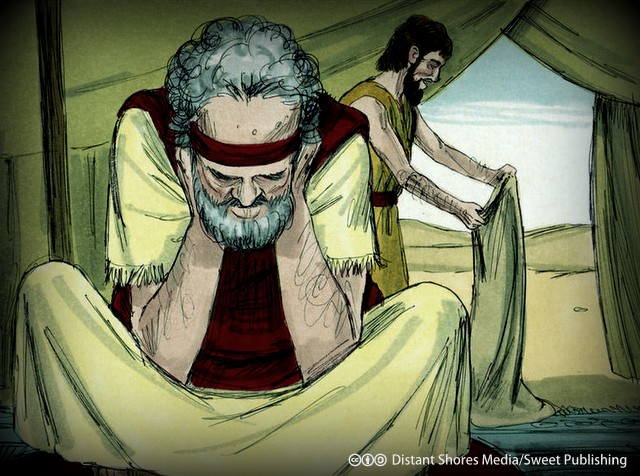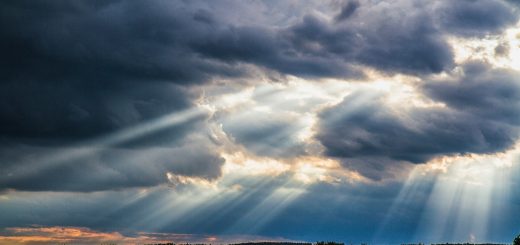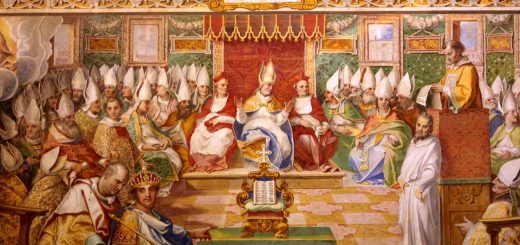What is this that God has done to us?

It could have been so much easier… Appear before the Egyptian lord, do the perfunctory bow, pay for the grain, and then hurry back to Canaan to feed the family. A simple business trip.
Jacob’s ten sons may have thought like this. But God had other plans.
We are left without a doubt that God had foreordained bringing Jacob’s sons face to face again. Jacob’s family needed food. But after reading this chapter, it is clear that they needed much more. It has been about 22 years since Joseph was sold by his brothers into slavery, and we learn that all this while the brothers have been bearing the guilt of their past plus the hurt of being treated as less than sons by their father. Fear and insecurity grips them throughout this episode. And now, their time of testing has come.
Jacob also had to be tested. Having lost Joseph, he clutches Benjamin close by him and in his self-centred, paranoid favouritism lashes out at his other ‘sons’. After 22 years, he must once again be confronted with tragic news, yet he still blames the brothers for all his bereavement. It seems that for Jacob, not much has changed.
Even Joseph himself will have to be tested. He is governor and lord of the land (v. 6, 30). What’s more, his dream of royalty flashes again across his mind – it has indeed come true! And now he stands over the ones who sold him off into the land of his affliction. With five more years of famine left, Joseph knows that the brothers are at his mercy. He has supreme power and control over them. What will he do to them? What kind of king will he be?
Joseph’s actions seem ambiguous at first: he speaks roughly with his brothers, accuses them of a trumped-up charge, and locks them up for three days. Then he retains Simeon, but he also returns their money (a generous act that may indicate the brothers were welcomed as guests). Such confusing signals would torment anyone, and it surely had that effect on the brothers. Their hearts failed them and they turned trembling to one another (v. 28), saying, “What is this that God has done to us?”
Why, God is saving them, of course.
And that through their brother, who has such control over their lives yet sees their guilt, weeps for them and provides for their welfare. The money that was left in their bags may serve to finance their next business trip. But surely by now we know that salvation is not a mere matter of transactions. It is not money that is going to save Jacob’s family, nor an anxious clinging to one’s favourite son (or thing). As Pastor David noted, security is not to be found in any person or anything but only in God.
And so it seems that before salvation will come to Jacob and his sons, they will have to arrive at a place of brokenness and cast themselves into God’s hands. They have had a family history of resisting God (cf. Stephen’s speech in Acts 7), but now they are learning the deep meaning of the words of King David: “The sacrifices of God are a broken spirit; a broken and contrite heart, O God, you will not despise” (Psalm 51:17). Jacob’s family needs to be transformed. But as Joseph says to his brothers, “Do this and you will live” (v. 18).
Isn’t this also how it works between us and God?
Has He not saved us through Jesus the Saviour King?
And is not our salvation more than just securing a ticket to heaven?
Would that we might be broken and cling to no one else but Him. Then we will be transformed and really live.
Ng Zhiwen






